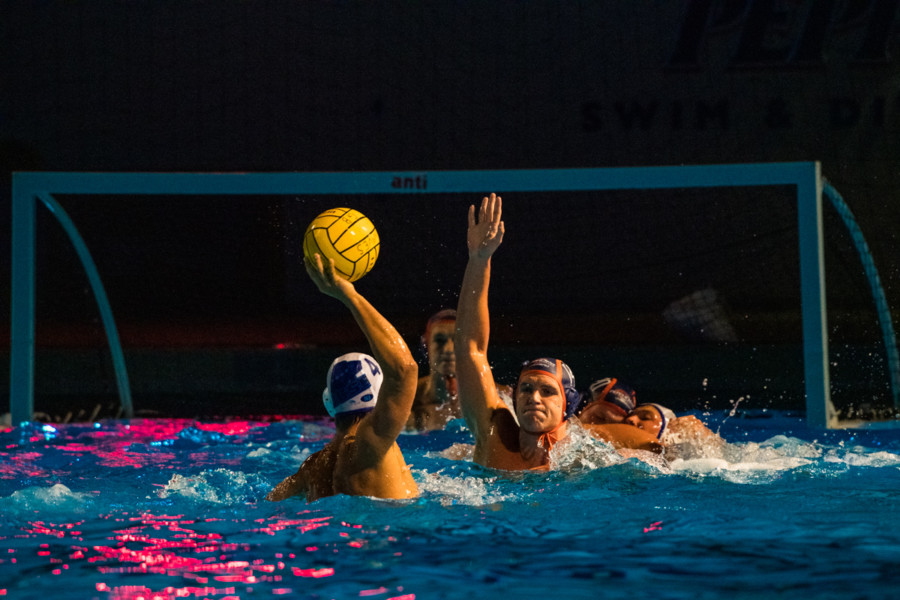Twitter Feuds: Photo Industry Controversies Surrounding Photo Contests
Late Winter and early Spring bring another cycle of photo contest season – the time when major prizes in photojournalism are typically announced – along with its attendant debate regarding their value and any eventual controversy regarding winners. And this year is no different.
PhotoShelter’s Vision Slightly Blurred podcast returns this week, as Sarah (@sarahjake) and Allen (@allen3m) address the uproar caused by both the 77th Pictures of the Year contest as well as Sony World Photography Awards’ decision to edit out images from Hong Kong protest taken by Ko Chung Ming (Gao Zhong Ming) and David Butow.
Contests should never be seen as being worthless; their value can actually range from worthless to immensely rewarding. While the boom in contest industry has led to dubious brands with high entry fees and onerous rights grabs with little return, well-run contests can celebrate great photography while providing media exposure and cash prizes for winners.
Owing to its highly respected Donald W. Reynolds Journalism Institute at the University of Missouri, controversy has already arisen with its annual Pictures of the Year contest (POY). Live-streamed for public access, this contest provides audiences access to all deliberations processes leading up to winning photos.
Washington Post Foreign photo editor Olivier Laurent expressed his discontent on Facebook by writing, on February 18, 2020: “So many images depicting misery, poverty and violence…with little discussion among judges regarding their message to young photographers…”
At a time of increased awareness about social inequity (known as “wokeness”), Laurent’s question has frequently been invoked when considering brown and black bodies’ suffering.
An impressive comment thread quickly gained momentum with a variety of responses and debate.
John Harrington, an author and White House News Photographer Association Past President, responded promptly the next day via Twitter to the premise of this question.
Laura Beltran Villamizar of NPR Projects Picture Editor and Natives Photograph joined a side discussion to criticize jury composition on grounds that it did not include “a single African or Latinx judge.” When pointed out by those present that one juror on their panel included University of Missouri professor Mark Hinojosa (formerly from Detroit News and Chicago Tribune) she strangely doubled down by saying in an now deleted response, “Fair though a white-passing Latinx isn’t diversity…”
The POY jury is intentionally diverse. Of its 20 jurists, half are women (including NPR’s Mito Habe-Evans) and nine are people of color.
